This post is in partnership with National Car Rental. Be a Control Enthusiast.”
What is this?
If you're a business traveler and you haven't taken advantage of any loyalty programs, or if you're new to the world of travel, it's time you start paying attention to these valuable perks. You could score heavy discounts and privileges that take the hassle out of being on the road. But rewards programs are not one-size-fits-all; the trick is finding the program that makes sense for you.
How long will it take before you earn a meaningful benefit? How easy will it be to cash in on those perks? Do they expire? Would you be required to make purchases you wouldn't otherwise consider?
It's wise to be skeptical. Many offers, especially those by airlines, are designed to have psychological allure, but they can be more upfront sizzle than mealtime steak. Unfortunately, it's not unusual for earned privileges to pull a disappearing act when it's time to cash in. Infrequent fliers are likely to get blindsided.
On the other hand, seasoned travelers have a lot more to gain. They have a greater understanding of the industry, and more opportunities to use their rewards. They also know that non-monetary bonuses go a long way in alleviating the high-mileage grind.
This article offers strategies for identifying the loyalty program that's most rewarding for you. Chances are that taking part in just one type of these promotions will make your life easier. In many cases, it's possible to double up on these offers and accrue benefits more quickly. The better you control these programs, the closer you’ll get to a VIP experience, and you'll save money doing it.
If there's one hotel chain or airline that you already frequent, checking in on their rewards programs is a solid place to start. Alternatively – if you're on the fence between brands and you don't feel connected to one either way – sticking to one with a great loyalty program gets you more bang for your buck. The goal is to reap rewards from goods and services that you'd be buying regardless.
The highest rated personal loyalty programs
Hotels
Use a top-rated loyalty program to then compare other options. US News rated Marriot Rewards as the #1 hotel rewards program. Familiarize yourself with the ins and outs of this program, and you'll have a good benchmark for weighing other offers. They all share the same underlying principle: points are accrued with each stay, and are redeemed for free stays. With Marriott Rewards, redemption is fairly simple. There are more than 3,700 participating hotels worldwide, with no blackout dates for free stays in standard rooms. There are a few caveats: accounts can be closed due to inactivity, higher-ranking hotels cost larger numbers of points, and upgrades may not be discounted enough to be meaningful.
Other chains have comparable offerings, such as Hilton Honors, the Wyndham Rewards program, that includes chains like Days Inn and Travelodge, and the Starwood Preferred Guests program, which covers W, Westin, and Sheraton hotels. The best one for you is likely to be the one that has locations at your price point in the places you visit. Beyond accessibility, weigh the cost savings (how long until a free stay?) with the other perks (late checkouts, half price upgrades, and free breakfasts).
Airlines
From a pure cost perspective, airline rewards may not seem lucrative to a savvy buyer. Redemption rules are complex, and airlines have the right to set and change their policies without government interference. As a result, headaches like devaluation of miles, blackout dates, and other usage exceptions are more or less the norm.
That is not to say you should avoid these programs all together. It means that you should give more weight to the ancillary benefits that tend to accompany these memberships, such as priority check-in, free flight and seat changes, upgrades, and access to WiFi and lounges.
Why? Because even perks like early boarding, which may seem insignificant, can save you a lot of grief. “The people who get on first usually know what they're doing,” says Steve Cole, a business traveler who racks up between 80-150,000 miles per year. “They put their carry-on up and get out of the way. People in the back act like they've never seen a plane before. It's not that you're annoyed by people, you just get tired of seeing the same mistakes over and over.”
Traveling is draining, and for frequent travelers like Steve, these benefits become important “when you're on the plane for hours on end and then you have a layover in some foreign country and you don't want to sit in the standard seats for six or eight hours. You want to go to a lounge and do some work and take a nap.”
Popular U.S. airlines like JetBlue, Southwest, and United all have top-ranked programs, but your travel style is going to dictate which is the best for you. Make sure your program covers the areas you're most likely to travel, and go from there. Remember: there's no reason not to join more than one frequent flier club, especially if you cover a lot of areas.
Traveler rewards are one of the most frequent credit card offers. These programs tend to fall into one of two categories: cards that add earning opportunities to a brand-specific program offer, and cards that have redeemable points across multiple airlines, hotels, car rentals, and other services.
When it comes to brand-specific offers, credit cards provide a way to earn points in your loyalty program even when you're not traveling. For example, with the Marriott Rewards Premier Business credit card, you earn points for opening your account and then you earn accelerated points for staying at Marriott properties (which include The Ritz-Carlton chain) or by making other travel-related purchases like those made at restaurants, car rental agencies or with airlines. These points all contribute to your eventual arrival at Elite status, a lifetime designation that gives you additional benefits. Until then, your points can be used to make your stays in the chain's hotels more affordable with free night benefits.
The Delta Skymiles Platinum AmEx, is a comparable offering. It lets you earn Delta SkyMiles with purchases, and cardholders receive other bonuses like unlimited free domestic upgrades when available, assistance through customs at international destinations, and special customer service access.
If you don't want to be bound to any one company, consider an option like the Chase Sapphire Preferred Card. This card gives you points that you can redeem across different hotels, airlines, and other travel services, both domestically and internationally. British Airways, Korean Air, Southwest, United, Virgin Atlantic, Amtrak, Hyatt, and Marriott are some participating partners. You earn double points for all travel-related expenses, including dining. There's also no fee for foreign transactions which, if you venture overseas for business, could add up to significant savings.
In addition to the foreign transaction fees, also be sure to examine other annual fees and the APR, when choosing a card for traveling. You'll likely also require a card with chip technology. These cards have an embedded microchip in addition to the traditional magnetic strip, which increases data security. More importantly, these cards are more likely to be accepted worldwide. Many overseas businesses do not accept the swipe-and-sign cards prevalent in the US.
Most people would think of something like AAA when travelers clubs come to mind. These memberships are a direct method of getting discounts on hotels, dining, travel, and more.
What many people don't know is that these clubs have more sophisticated cousins that are comprised of an alliance between several brands. For example, the Star Alliance is a membership through which you can earn and redeem miles, receive benefits (like priority check-in, lounge access, extra baggage, and priority standby), and track connection flights and routes, throughout its huge international network of 27 participating airlines. National Rental Car, the sponsor of this piece, offers the Emerald Club with benefits like bypassing the counter and choosing any make or model (mid-size or above) on the Emerald Aisle at the price of a mid-size rental reservation; and members can also earn credits for their rentals at Enterprise Rent-A-Car.
Conclusion
Remember that loyalty clubs are made to be appealing. There are benefits, but there are also percentage games, fine print, and exceptions to the rules. Many freebies go unused because of red tape.
Because of these realities, the most valuable membership advantages may come in the form of improved customer service. Business travelers are happier, more efficient, and more productive when they aren't lumped in with the less-informed public. When traveling is a cornerstone of your career, anything that keeps you in control and performing your best – from WiFi availability, to more comfortable layovers, to priority upgrades – is a good investment.
Sponsored
Travel Like a Pro, Be a Control Enthusiast
Real travel pro's are always in control even in seemingly uncontrollable situations. Be the best leader you can be, and never forfeit power.



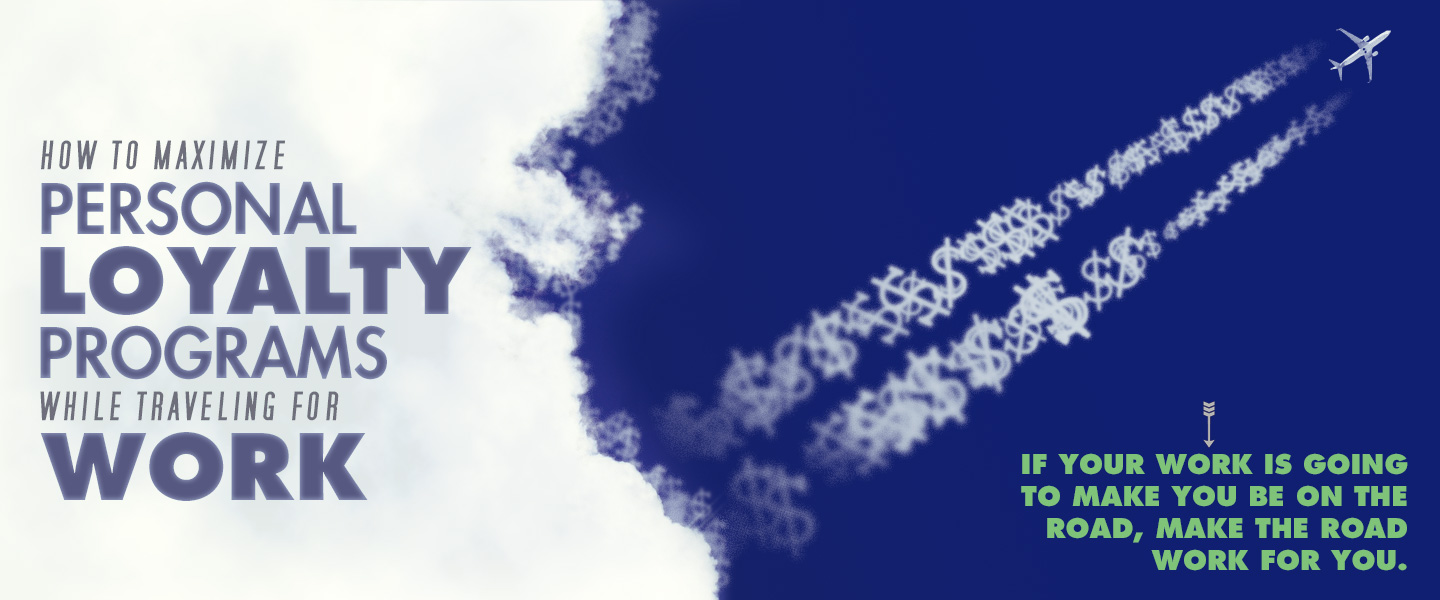






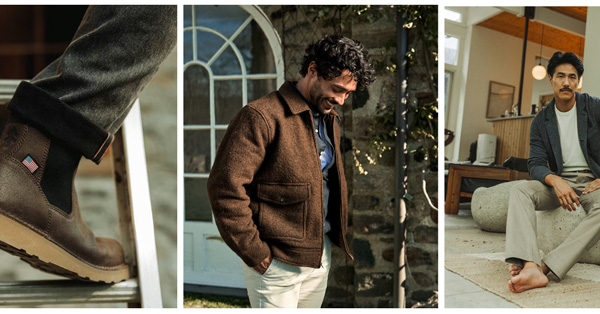
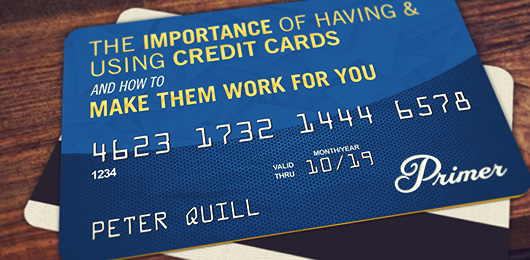
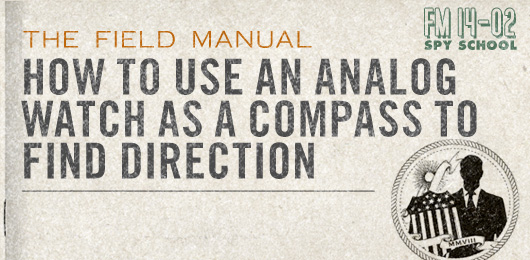
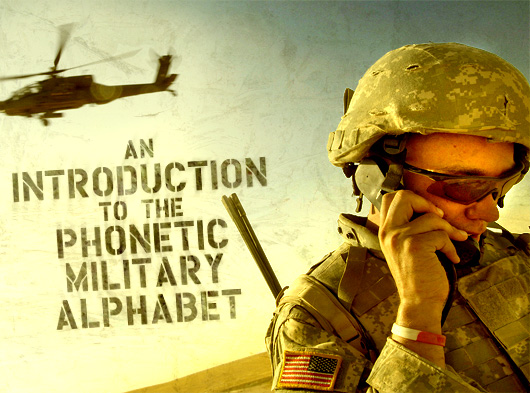




![It’s Time to Begin Again: 3 Uncomfortable Frameworks That Will Make Your New Year More Meaningful [Audio Essay + Article]](https://www.primermagazine.com/wp-content/uploads/2025/01/begin_again_feature.jpg)
